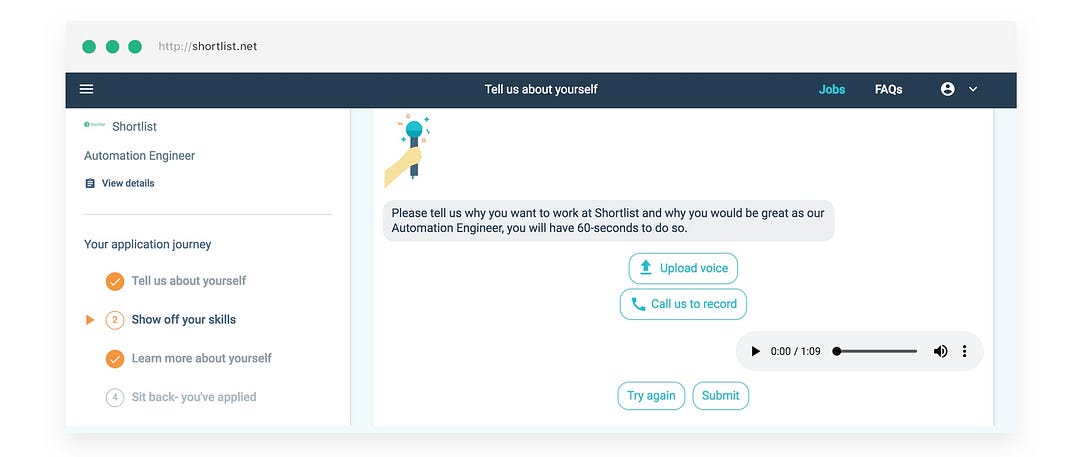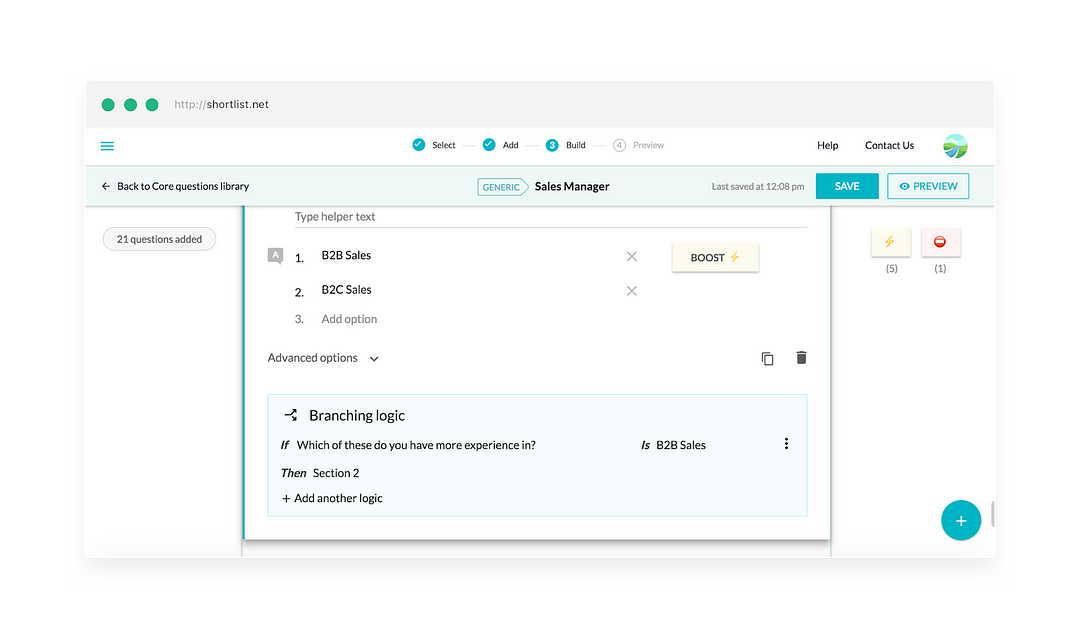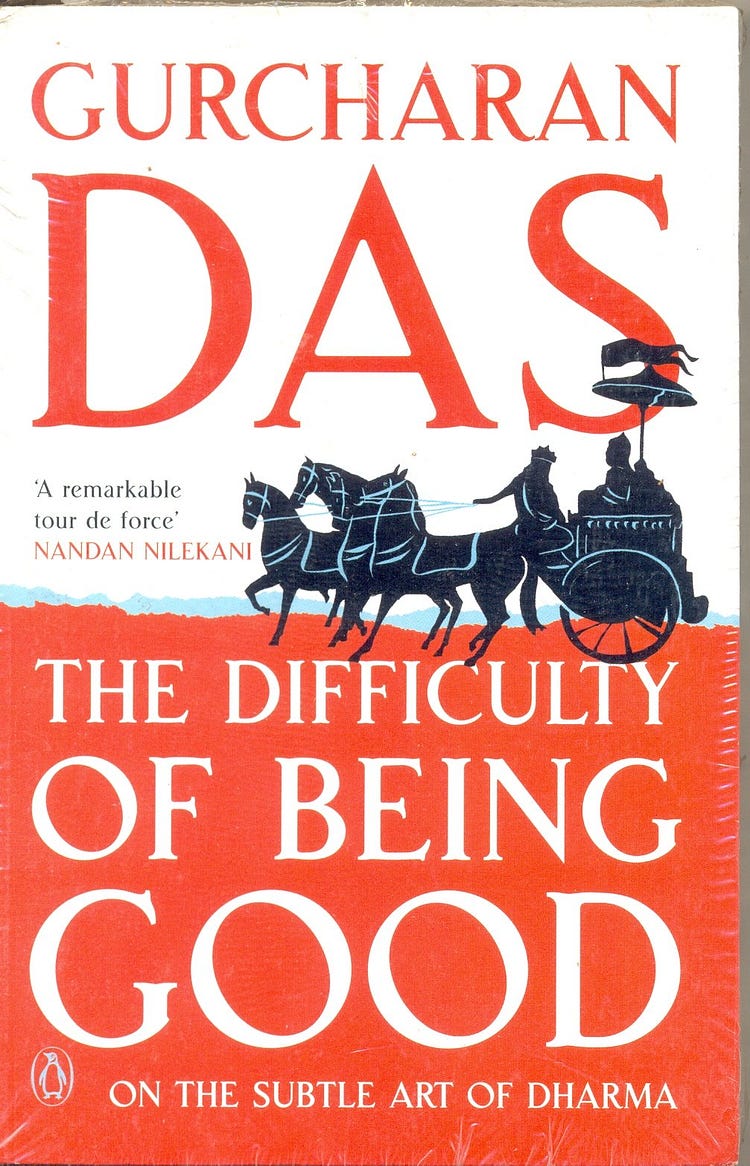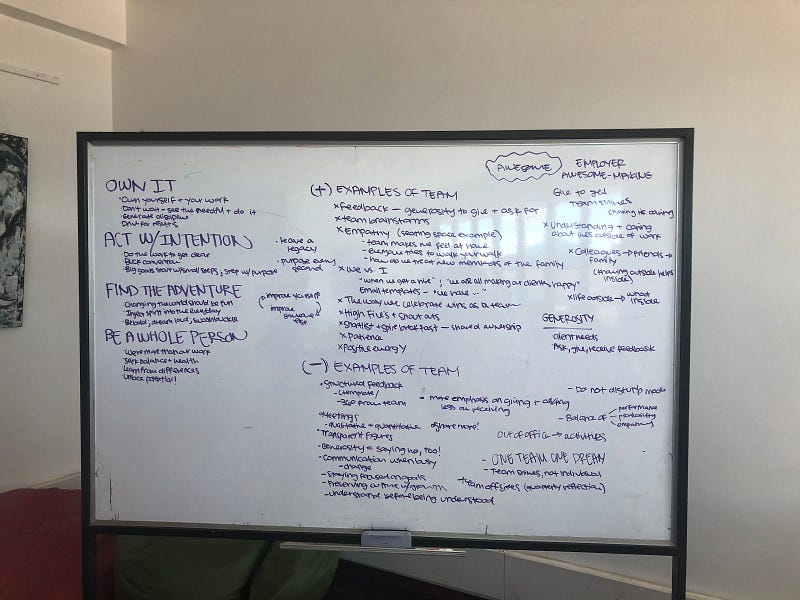I’m proud to announce today that Shortlist has raised $2 million from an incredible group of investors, led by our longtime partner Blue Haven Initiative, with participation from Compass Venture Capital, existing investor Zephyr Acorn, and several others. This funding will allow us build out our vision for how companies in Africa and India build their teams, grounded in the belief that potential and motivation matter more than a CV, and that both companies and job-seekers deserve better than the status quo.
Just as a tech wave has disrupted a range of other sectors, a digital transformation is changing the world of HR and recruiting. These are exciting times! But a lot of this innovation is missing something essential, and (nearly) all of it is built for markets other than ours.
These days, most of the sound bites about HR tech champion artificial intelligence and machine learning as the chief protagonists of the revolution. No doubt, a variety of companies are changing the lives of hiring managers by pulling information from CVs more efficiently, scraping keyword data from social networks like LinkedIn, and applying natural language processing to job descriptions. While impressive, this approach runs the risk of a classic “garbage in, garbage out” conundrum: job descriptions are often thoughtless cut-and-paste efforts, CVs are just retrospectives and miss potential, and LinkedIn keywords are self-reported and unvalidated — do we really think crunching all these is the best way for companies to find that perfect fit?
There’s an even bigger disconnect in emerging markets, where a burgeoning youth demographic is entering the workforce without elite university or corporate experience, without great CVs, without 1,000 connections on LinkedIn. There are more people entering the workforce in Africa alone in the next ten years than the rest of the world combined — yes, combined — and if we don’t find new ways to identify hidden talent, companies won’t be able to build the teams they need to succeed, and the youth bulge will have a hard time finding a steady job, let alone unlocking their potential.
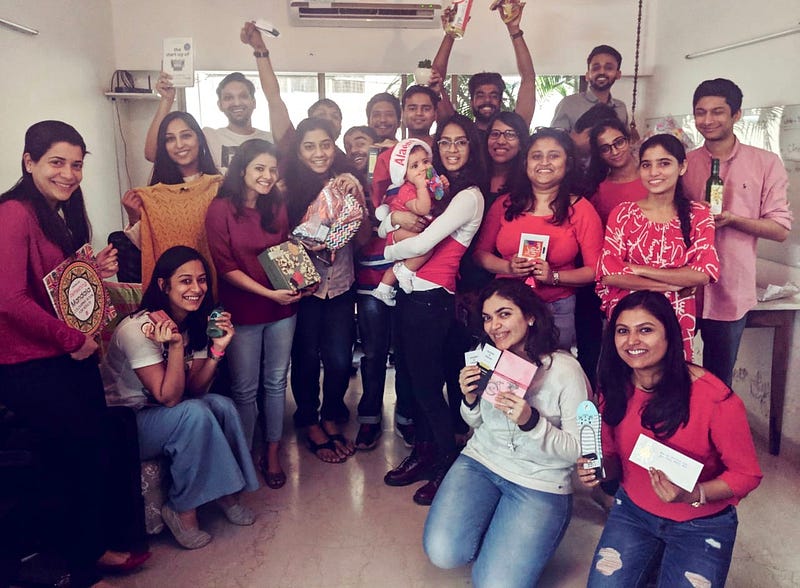
We’re building Shortlist to be a scalable way to collect signals that really matter, like demonstrated skills, interests, aspirations, work style preferences, and motivation — and use them to match the right jobseeker with the right company at the right time.
We’re deeply proud of the product that we’ve built, which makes it delightfully easy to customize a digital job application that gets to know candidates beyond just their past experience. We’re also humbled to be trusted by more than 300 clients and 400,000+ jobseekers. But we’re just getting started. There’s so much more we want to build to get to know candidates better — their passions, personalities, and potential — and to use that data to find them jobs they love. We’re already hard at work coming up with new ways to bring top talent into the Shortlist community, to get to know them with a mix of digital and offline experiences, and to organize that data for easy use by employers who are looking to hire not just faster and cheaper, but also better.
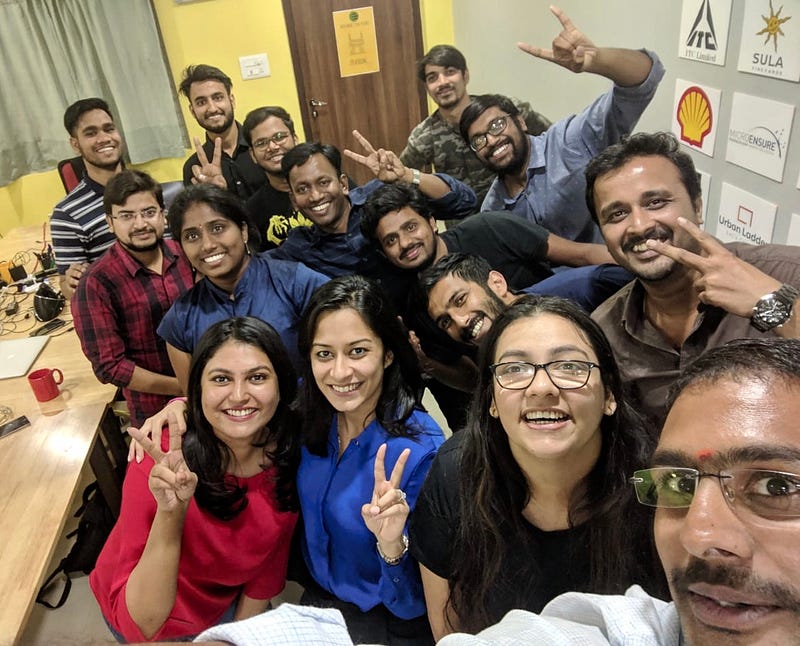
We believe in a future where every team is comprised of the best-fit professionals, the job application process is human, transparent, and fair, and professional potential is unlocked across Africa and India — and beyond! We’re so grateful to have a group of dedicated investors who believe in this future too, and are joining the adventure.
For more Shortlist updates, talent tips and recruitment resources, sign up for our newsletter here!







